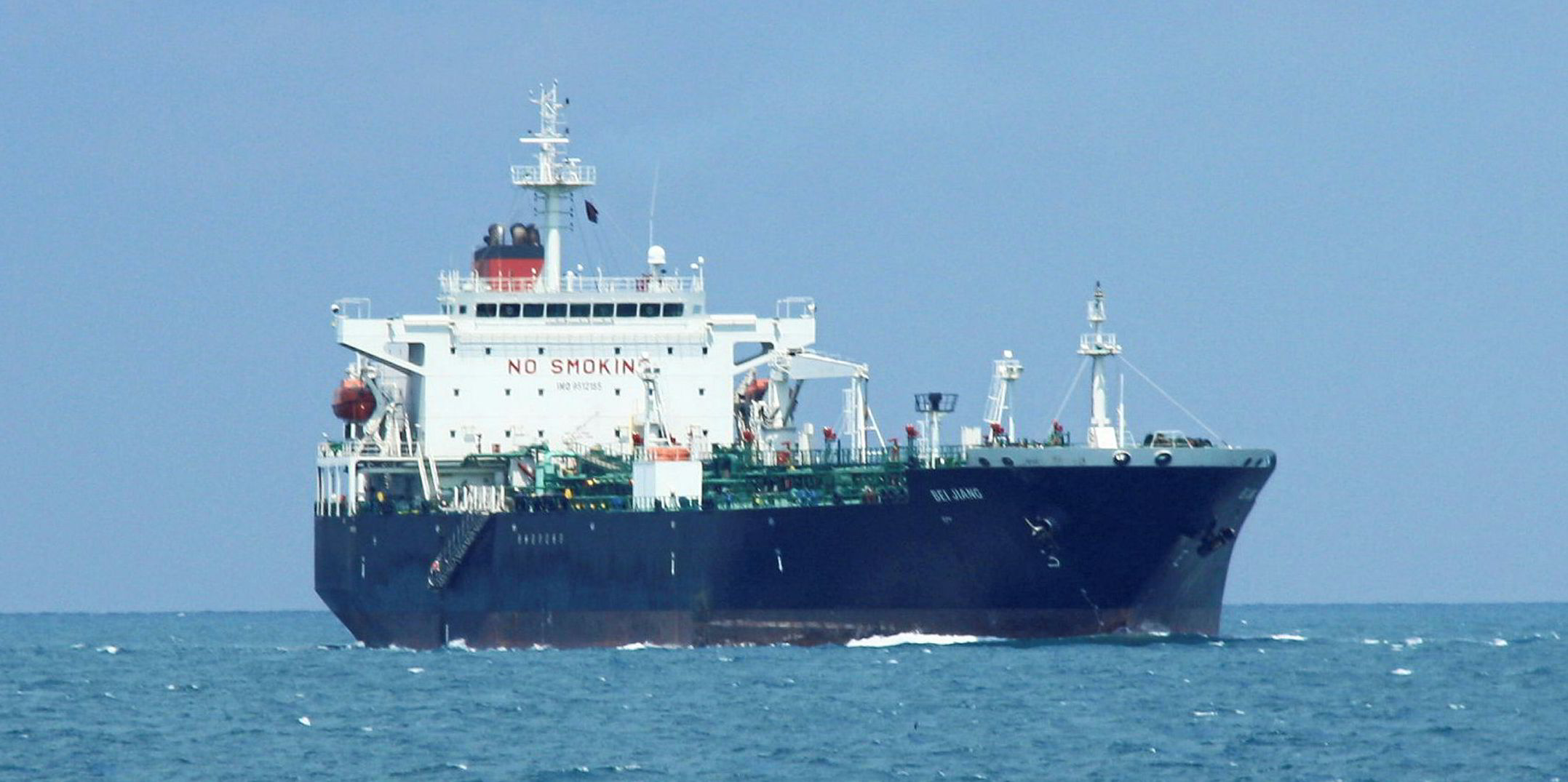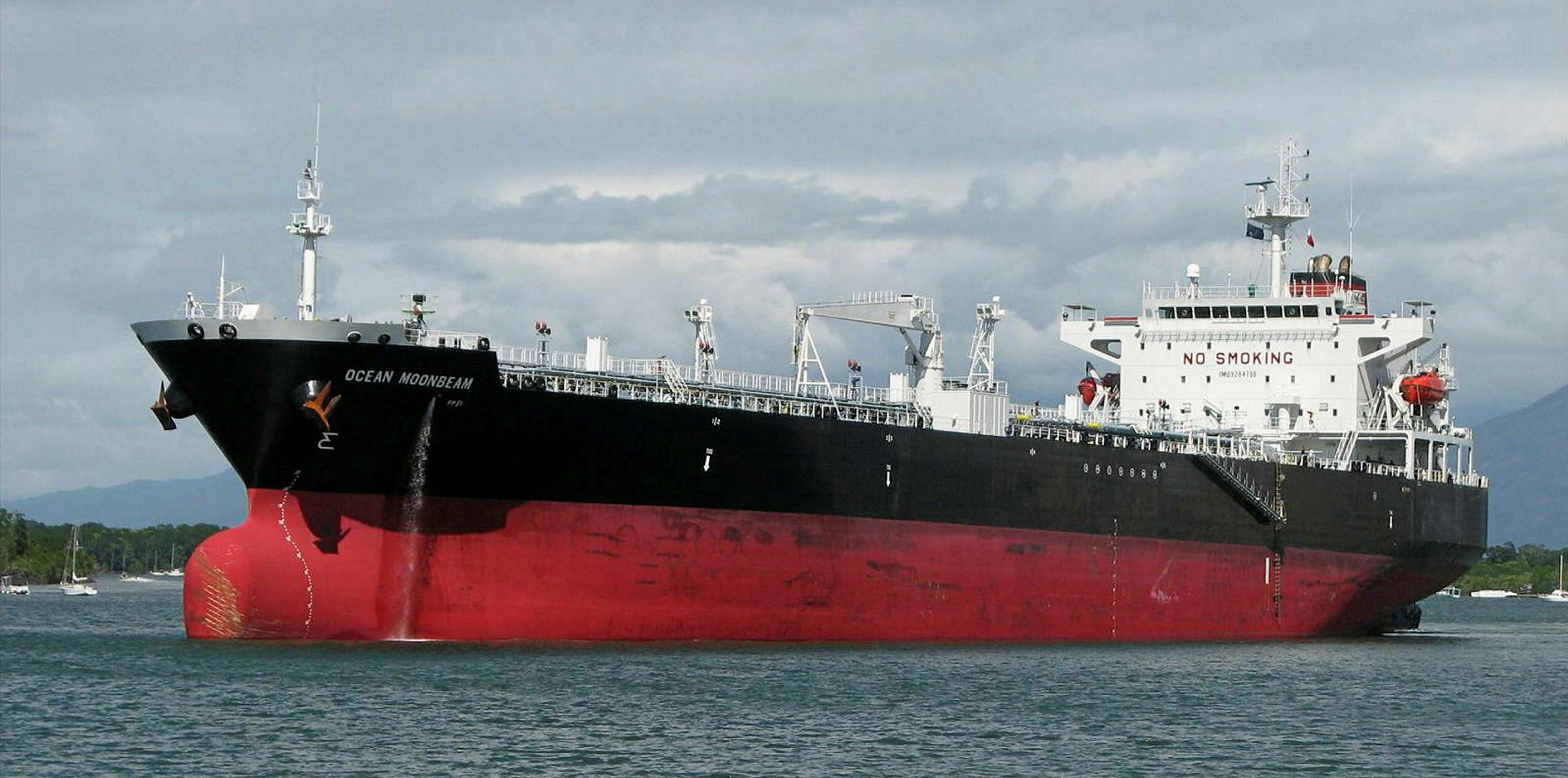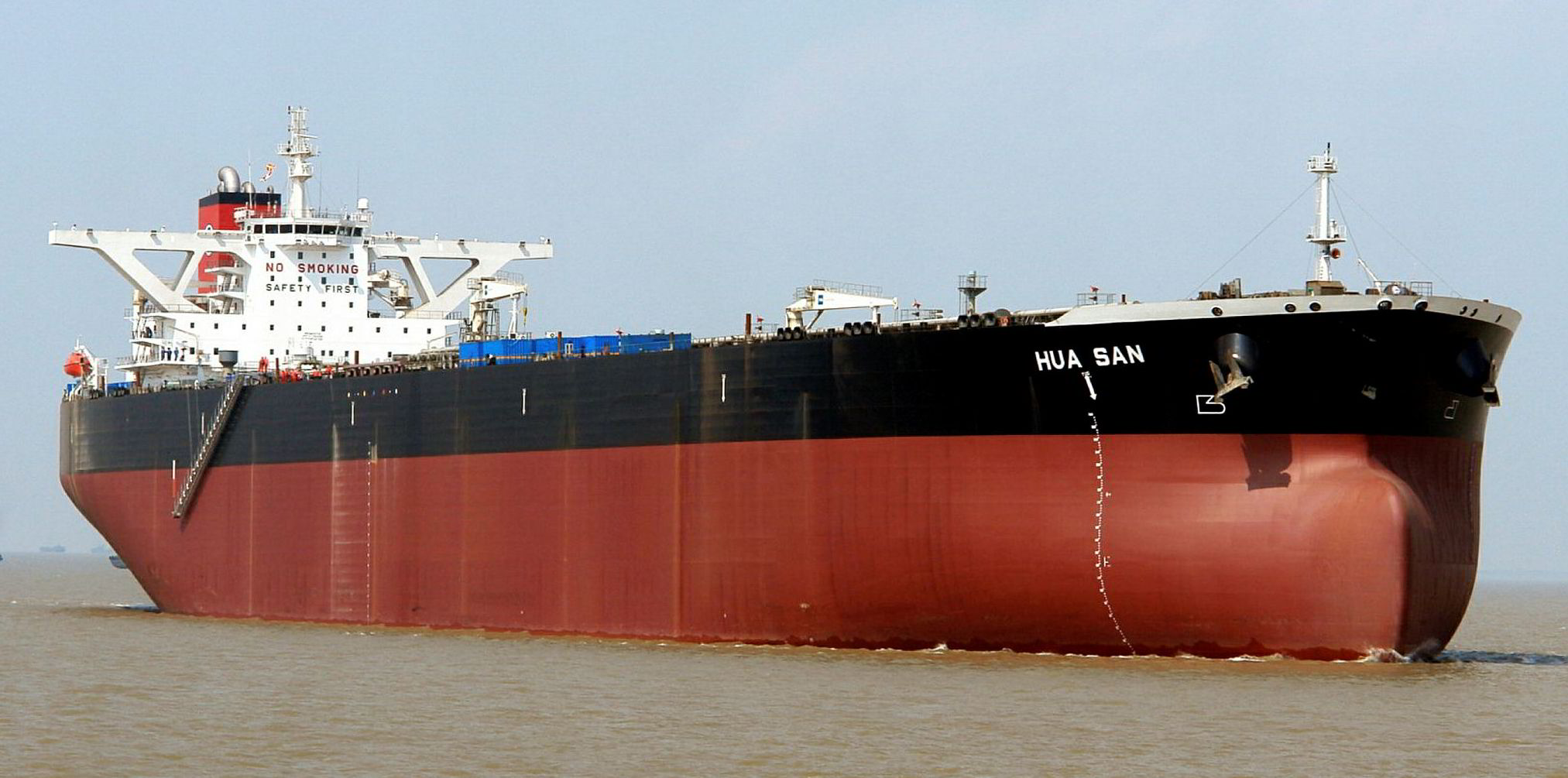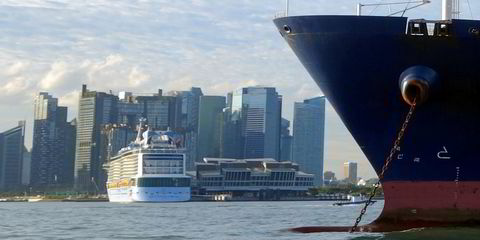Ocean Tankers has been placed under judicial management, with two executives from Ernst & Young’s Singapore office appointed as interim judicial managers.
The move is seen as a positive step that will allow the Hin Leong Trading-affiliated company’s fleet to resume full trading.
High Court judge Justice Kannan Ramesh granted Ocean Tankers' application on Tuesday, after chief executive Evan Lim said in a court filing that it could continue to operate under judicial management, although Hin Leong’s financial difficulties could have an impact on its business.
“It may not be easy to completely shake off the market perception of the linkage to the financial woes of Hin Leong Trading,” Lim said in the court filing seen by Reuters.
“There is therefore a risk that in the next few weeks or months ... Ocean Tankers may not be able to fully meet all its operational costs and expenses to operate at the same levels as before.”
Ocean Tankers originally asked for a debt moratorium at the end of April as a means of protecting itself from Hin Leong's revelation that it had debts in excess of $3bn, had secretly sold cargoes and had hidden more than $800m in futures losses from its financial accounts.
The company explained that it could be held accountable for Hin Leong debts due to misdelivered cargo claims potentially running to several billion dollars.
Hin Leong and Ocean Tankers are owned by the Lim family, which is headed by self-made billionaire Lim Oon Kuin.
According to its affidavit filed last month, Ocean Tankers had $58.5m in liabilities to trade creditors. excluding inter-company liabilities.
Standard Chartered Bank and ING are its largest secured creditors with outstanding debts of $17.7m and $16.8m, respectively.
The tanker owner has a number of unsecured creditors, with the top 20 of those owed a combined $8.3m, according to the affidavit.
Improved trading prospects
Legal sources following the case suggest that Ocean Tankers was under pressure from creditors to switch to full judicial management.
The move would remove the Lim family’s involvement in the management of the company.
The troubles surrounding Ocean Tankers have made it difficult for the company to charter its vessels in the open markets, brokers reported.
Placing it under judicial management protects its assets in all jurisdictions that have signed on to the UNCITRAL Model Law on Cross-Border Insolvency, which removes much of the uncertainty over whether its vessels can trade without the risk of being arrested.
Last week, TradeWinds revealed that Ocean Tankers had moved a large proportion of its tanker fleet to remote anchorages to sit out the uncertainty surrounding its court-supervised restructuring efforts.
Out of 79 tankers larger than 10,000 dwt in its fleet located using vessel tracking portals, at least 44 were found to be idle.
Most were anchored in the South China Sea beyond Malaysian territorial waters close to the eastern entrance of the Singapore Strait. Others were drifting deeper into the South China Sea or in the Indian Ocean.







